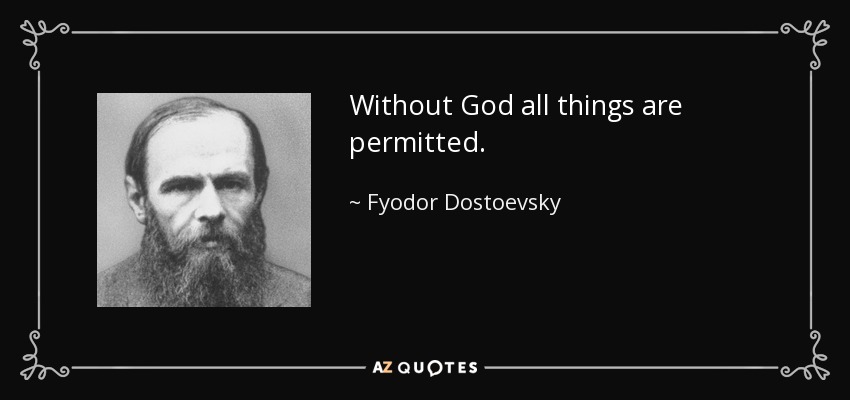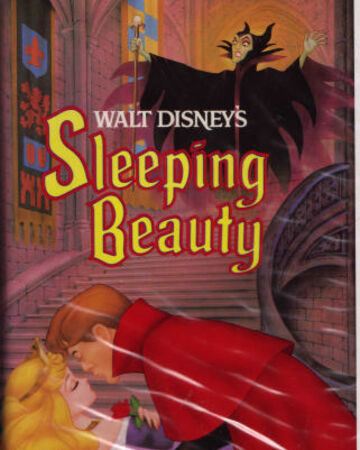
Freedom is a topic we have covered before, and with no desire to tread upon already trodden ground, will offer a brief synopsis of our previous conclusions in relation to freedom. Freedom is the greatest responsibility that one can have, as to us the notion put forth by the French philosopher Jean-Paul Sartre, we are condemned to be free for once we are free we are wholly responsible for everything that we do.
Sartre, was one of the greatest philosophers in putting forth and studying the notions of what it means to be free. However, one must note that Sartre’s philosophy has a certain degree of self-justification. When mentioning his name to ladies whom I know, those who know of him, often react with disgust. This disgust is not directed at his work, he is a sublime philosopher, novelists, and playwright, but at him as a person. Not understanding, I dismissed their concerns as irrelevant. Later, reading the memoirs of the women in Sartre’s life I finally (duh!) began to understand. Sartre’s freedom was built upon the enslavement of others. For example, Sartre was in an open relationship with the great philosopher Simone de Beauvoir. This meant that they could have dalliances with anyone but would have to come running when the other called. de Beauvoir sums it up in her novel, She Came to Stay, about how Sartre seduced her student and had a relationship with her in front of de Beauvoir. Yet, when de Beauvoir wanted to go away for a time with the novelist Nelson Algren (The Man with the Golden Arm, A Walk on the Wild Side), Sartre grew jealous and ended cancelled her plans. Likewise, other women in his life had to act as he dictated- they must be at a certain café at a certain time and only eat certain food. If they tried to overstep their bounds, Sartre threatened to cut them out. This, as you may imagine, caused serious problems for them in later life. Sartre was not alone of the so-called existentialist philosophers to use their philosophy to justify their lives and beliefs. The Algerian philosopher Albert Camus noted that it took a certain amount of spiritual snobbery to think one could be happy without money and then died in a car crash as he crashed his sportscar.
One of the greatest existentialists was the Russian author Dostoyevsky. In his book The Brothers Karamazov he states that if there are no higher laws then one is free to do as one chooses. Dusty, a man with a gambling addiction, understood better than most what freedom entailed and yet succumbed to addictions. Addiction is not a matter of willpower, it is medical, however, to a certain extent choice is made and Dusty, as can we all, can be accused of living up to the social-psychologist Erich Fromm’s notion of one being afraid of freedom.
Freedom is the greatest responsibility as once one is free, one is wholly responsible for who they are, what they do, what they think etc. There are few people through history (maybe the Buddha), who have fully embraced this and tried, to use Leonard Cohen’s words, “in [their] way to be free”, because freedom is hard. There is not a single person who has tried for freedom or who has seriously studied freedom who has not warned against it. To be free is to be alone. To be free is to be scared, isolated and leave us all like Hamlet fretting between action and inaction, between acceptance and revolt, between life and death which is why, if one comes along and says what you are thinking or offering a degree of comfort, one quickly, unconsciously, falls in with them. The great thing about this is often you can find someone who thinks as you do or as they convince you that you want to. Don’t like vaccinations? There’s a person for that. Think Israel is wholly responsible, you can now agree with that without identifying yourself as anti-Semitic (Hitler, it seems, was a man ahead of his times…now he would be a US Democrat of a UK Labour Party leader). Oscar Wilde once noted that,
‘Most people are other people. Their thoughts are someone else’s opinions, their lives a mimicry, their passions a quotation’
for what I interpret Mr Wilde of meaning is that people hasten to fit within society as it is safe and warm, the protection of the herd, and once within the loving arms of the group one is freed of the greatest danger, the danger that leads to the terrifying state for those within and without the group, and that is, in my opinion, the greatest right of all, without which we are all slaves, and that is, simply, thinking for yourself. If someone comes to you and says ‘I think X or Y’ and they have a solid reasoning behind it, then fine, we are free to believe and think what we want, but if one comes to you and their words are the parody of another, one can rarely reason with them, for as the Danish philosopher, Soren Kierkegaard noted, ‘People demand freedom of speech as a compensation for the freedom of thought which they seldom use’
‘till next time


